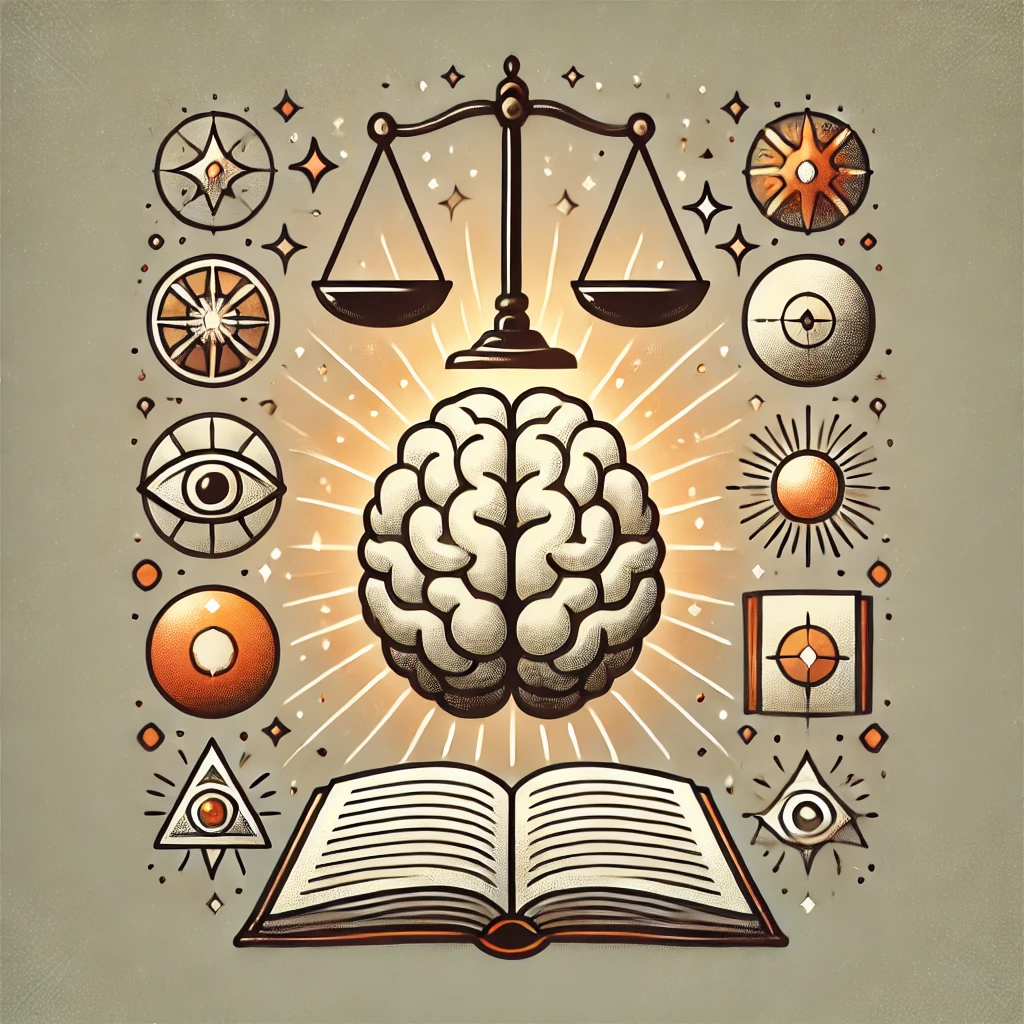- Embracing Intellectual Honesty in the Age of AI & Machine Learning - November 9, 2024
- Nature and Nurture: The Interplay that Shapes Human Behaviour and Happiness - November 8, 2024
- Do introverts and extroverts approach spirituality differently? - June 25, 2024


I first encountered the concept of intellectual honesty while reading an article on essential human skills for the era of AI and Machine Learning. As an ardent advocate of truth and honesty, I was disheartened by the apparent decline of these values, especially in events like the recent U.S. elections. However, the article highlighted that, despite technological advancements and the AI buzz, honesty in our ideation, conceptualization, and presentation remains the most critical skill for 2025. This revelation caught my attention, and upon further research, I was thrilled to see a growing discourse on the importance of honesty in our actions, thought processes, and presentations.
And here is what I discovered on Intellectual Honesty.
INTRODUCTION
In an era defined by an overwhelming influx of information and rapid technological advancements, the concept of intellectual honesty has never been more critical. As we navigate through vast amounts of data, being truthful and transparent in our pursuit and presentation of knowledge is essential for personal integrity, professional credibility, and societal trust.
ORIGIN
The concept of intellectual honesty has its roots in the principles of ethical leadership and scientific inquiry. It emphasizes a neutral attitude, the importance of presenting complete information, acknowledging sources, and maintaining an unbiased approach. These principles have been upheld by scholars and researchers for centuries, forming the foundation of credible and trustworthy knowledge dissemination.
IMPACT
Intellectual honesty is a cornerstone of effective leadership and ethical decision-making. In the corporate world, it fosters a culture of transparency and trust, enabling informed decision-making and fostering innovation. Leaders who practice intellectual honesty inspire confidence and respect, building stronger teams and driving organizational success. And on the flip side leaders who are smart enough to dodge this aspect ultimately fosters a toxic and manipulative culture.
For instance, an executive who transparently shares both successes and failures with their team creates an environment where employees feel valued and are more likely to contribute innovative ideas. They are encouraged to acknowledge their mistakes and show willingness to learn from them. Similarly, in academia, researchers who adhere to intellectual honesty ensure the credibility and reliability of their findings, advancing knowledge and benefiting society at large.
My first-hand experience taught me that not walking the talk is not at all a smart move, it’s actually counterproductive.
UTILITY
Incorporating intellectual honesty into our daily lives and professional practices offers numerous benefits. It enhances critical thinking, promotes ethical behaviour, and builds a reputation for integrity. It creates an environment of trust and provide psychological safety. It fosters the culture of honesty and integrity.
By committing to intellectual honesty, individuals and leaders can make more informed decisions, contribute positively to their communities, entities and families, and uphold the values of truth and integrity in all endeavours.
MY TAKE ON THIS
There are some aspect of humanity and authentic leadership which are timeless and they have proven their worth in many difficult times and transitions. In a world increasingly shaped by artificial intelligence and machine learning, honesty and transparency are some of them and in many ways they are more important today than ever. Intellectual honesty is not just an academic ideal; it is a practical and necessary approach for dealing with the complexities of modern life.
Love,
Mahesh.
